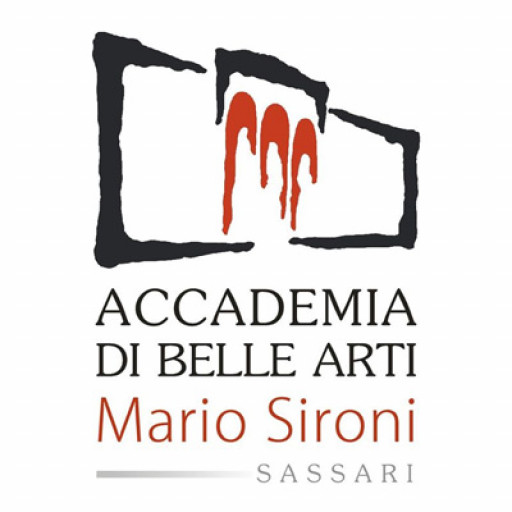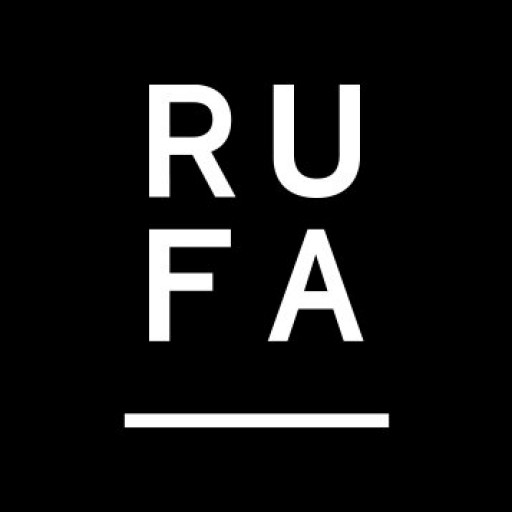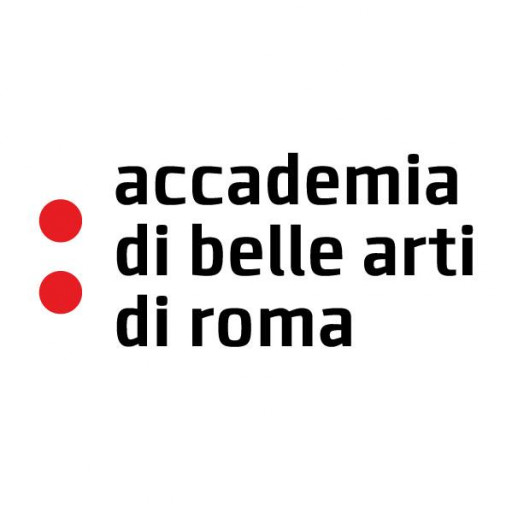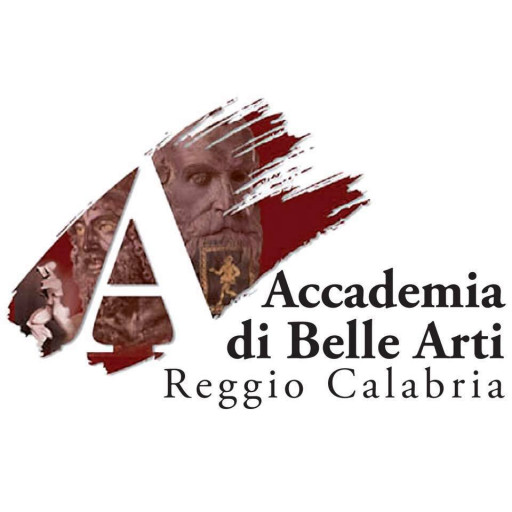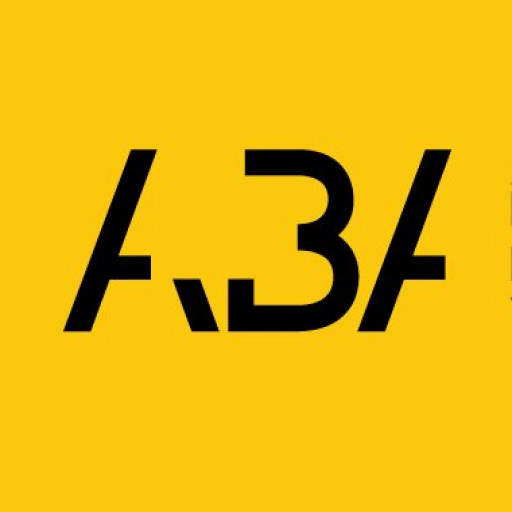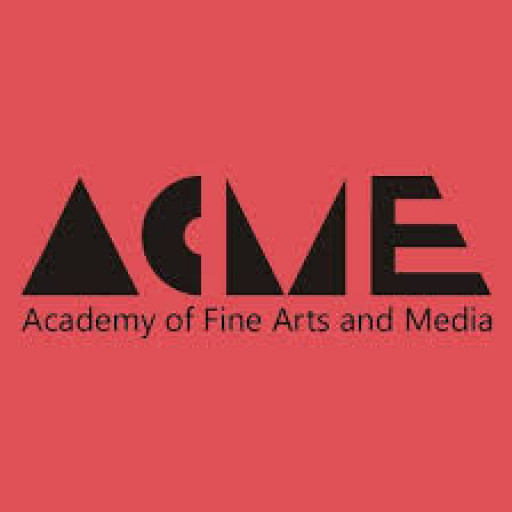Photos of university / #oxford_uni
The Master of Fine Art (MFA) at the University of Oxford offers an unparalleled theoretical and practical education in contemporary fine art practice. Designed for emerging and established artists seeking to deepen their creative vision, this program provides a rigorous environment for innovative experimentation and critical engagement. Students benefit from access to world-class facilities and resources, including dedicated studios, workshops, and extensive library collections. The curriculum encourages interdisciplinary approaches, integrating traditional techniques with contemporary practices across visual arts, installation, digital media, and performance art. Throughout the course, students are supported by leading academics, practicing artists, and visiting lecturers who guide their development and help shape their artistic identity. The program emphasizes the importance of contextual understanding, encouraging students to critically examine the cultural, social, and political dimensions of their work. Regular critique sessions, seminars, and exhibitions foster an active dialogue within a vibrant artistic community. The Oxford MFA cultivates versatility, originality, and scholarly rigor, preparing graduates for careers in galleries, museums, arts organizations, or to pursue further research. The program culminates in a major solo exhibition and a comprehensive written thesis, demonstrating mastery and innovation in the student’s chosen field. Graduates of the Oxford MFA emerge as confident, reflective, and influential artists capable of contributing significantly to the global art landscape.
The Ruskin School of Art provides an exceptional research environment that enables artists, art historians and art theorists to work closely together in a world-leading, research-intensive university. Its intimate size and its dedication to contemporary art practice and theory within a stimulating and dynamic cross-disciplinary structure allows it to sustain close relations with other academic departments and faculties, distinguishing it from other, larger art schools, and allowing for a wide range of interdisciplinary and collaborative work at DPhil level.
The Ruskin DPhil programme includes two strands: the contemporary art history and theory DPhil (by written thesis only) and the practice-led DPhil (which also includes a substantial written component).
In the case of the contemporary art history and theory DPhil, the Ruskin can offer supervision across a wide range of research projects. These may include aspects of exhibition curating and organisation, as well as the historiography of twentieth-century art and the theorisation of contemporary artistic practices. In the case of the practice-led DPhil, art work will be undertaken as the central component of the registered research programme, and will be presented in relation to written work that engages with the relevant theoretical, historical, or critical context. The department can offer supervision in most areas of contemporary art practice including moving-image, painting, performance, sculpture, installation and writing. The two strands of the DPhil programme are brought into a productive dialogue, both in a structured way at the weekly research seminar and informally in the studios.
Applicants are normally expected to be predicted or have achieved a first-class or strong upper second-class undergraduate degree with honours (or equivalent international qualifications), as a minimum, in fine art, art history or a related subject, depending on the DPhil stream applied to.
However, entrance is very competitive and most successful applicants have a good first-class degree or the equivalent.
For applicants with a degree from the USA, the minimum GPA generally sought is 3.75 out of 4.0.
Applicants are normally expected to hold a master's degree in fine art, art history or a related subject.
If you hold non-UK qualifications and wish to check how your qualifications match these requirements, you can contact the National Recognition Information Centre for the United Kingdom (UK NARIC).
No Graduate Record Examination (GRE) or GMAT scores are sought.
- Official transcript(s)
- CV/résumé
- Research proposal: 1,000 words
- Written work:One essay of 4,000 to 6,000 words (written thesis-only DPhil) or 2,000 to 3,000 words (practice-led DPhil)
- Portfolio:Up to 15 images and/or 12 minutes of moving image work (practice-led DPhil only)
- References/letters of recommendation:Three overall, generally academic
Portfolio
For the practice-led DPhil, a digital portfolio of recently completed studio work documented through images or other mode of documentation is required in addition to your written work.
Your portfolio should be provided in digital format with your application, although you may be asked to bring along originals at the interview. Portfolios should be hosted on a website or service that is publicly accessible via the internet, eg via Vimeo, YouTube, Flickr or your own website.
The URL (and password, if necessary) for the portfolio should be included in your application on a separate page at the start of your submitted written work.
The department will not accept portfolios submitted via email. If you cannot provide a web-based portfolio, please send an email to graduate@rsa.ox.ac.uk to discuss alternative arrangements.
Your portfolio will be assessed for evidence of creative thinking and artistic accomplishment, clarity in the exposition of ideas, and a comprehensive understanding of the subject area.
ENGLISH LANGUAGE REQUIREMENTS
Higher level
|
Test |
Standard level scores |
Higher level scores |
||
|
IELTS Academic |
7.0 | Minimum 6.5 per component | 7.5 | Minimum 7.0 per component |
|
TOEFL iBT |
100 |
Minimum component scores:
|
110 |
Minimum component scores:
|
| Cambridge Certificate of Proficiency in English (CPE) | 185 |
Minimum 176 per component |
191 |
Minimum 185 per component |
| Cambridge Certificate of Advanced English (CAE) | 185 |
Minimum 176 per component |
191 |
Minimum 185 per component |
- Global Education
- Hill Foundation Scholarships
- Ertegun Scholarship Programme
The Bachelor of Arts in Fine Art at the University of Oxford is a comprehensive undergraduate programme designed to nurture artistic talent, critical thinking, and technical skills in students passionate about pursuing a career in the arts. The course offers a rigorous curriculum that combines practical studio work with theoretical studies, encouraging students to develop their individual artistic voice while engaging with a broad spectrum of artistic traditions, contemporary practices, and critical debates.
Students at Oxford's Fine Art programme benefit from access to world-class facilities, including dedicated studios, workshops, and technical support. The programme emphasizes both the creative and critical aspects of art-making, requiring students to produce a substantial body of work and engage in regular exhibitions and critiques, fostering professional development and confidence in presenting their art. The curriculum includes modules in Drawing, Painting, Sculpture, Printmaking, and Digital Media, alongside art history, theory, and contextual studies.
The programme is distinctive in its interdisciplinary approach, encouraging students to experiment across different media and conceptual frameworks. It also emphasizes developing skills in research, analysis, and communication, preparing graduates for diverse careers in the arts such as professional artists, curators, arts administrators, educators, and critics.
Students participate in various exhibitions, both within the university and externally, providing valuable experience in art presentation and networking. Through tutorials, group critiques, and seminars led by experienced academics and practicing artists, students receive personalized feedback and mentorship that supports their artistic ambitions.
The university encourages collaborative projects and engagement with the wider arts community, fostering a vibrant learning environment. The assessment process includes a combination of portfolio reviews, written assignments, exhibitions, and practical exams, designed to evaluate both technical proficiency and conceptual depth.
Graduates of Oxford’s Fine Art programme leave equipped with a robust understanding of artistic practices, critical context, and professional ethics, enabling them to contribute meaningfully to the artistic community and society at large. The programme aims to cultivate independent, innovative thinkers who are prepared to challenge conventions and contribute new perspectives in the visual arts world. Overall, Oxford provides an inspiring environment where aspiring artists can thrive academically, technically, and creatively, supported by a tradition of excellence and a global network of arts professionals.

